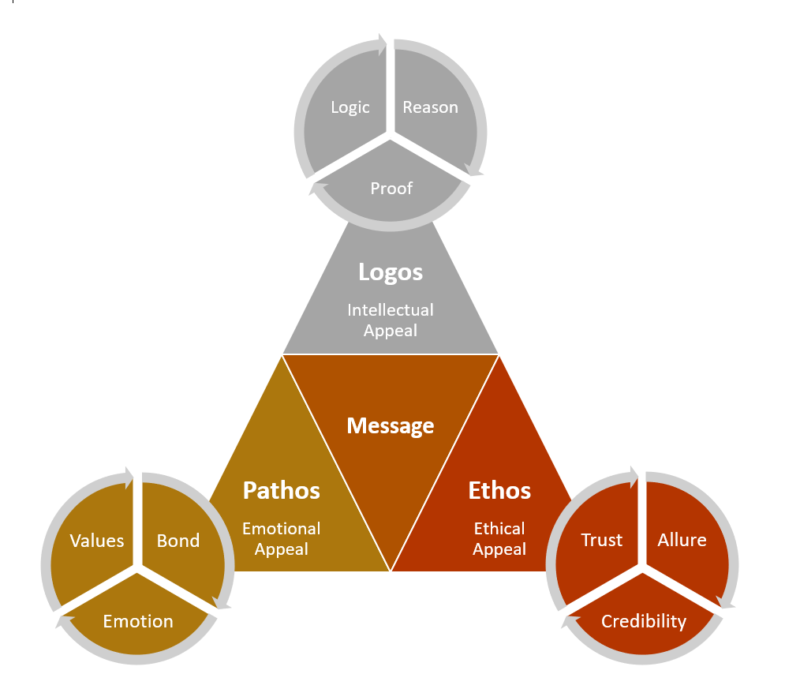Reading Notes For:


The Power of Influence
The AMPLIFII Formula = Frame/Message/Tie-Down
When someone who wants to influence an outcome or decision, they must first must eliminate the distractions—external or internal.
To deliver our ideas or messages, whatever they are, we first must figure out how to present them in the best possible setting or situation. That means eliminating the distractions so that others will listen and act on what we say.
This is influence, the capacity to have an effect on an outcome.
From the point of view of science and the brain, this inspiration happens when our prefrontal lobe (the executive center of the brain) connects with our limbic system, which is the home of our values.
Stories create narratives that evoke emotions we adopt as our own. The people we seek to influence are more likely to accept these compelling stories as true – or real – than just stated facts. Every good sales professional knows that purchasing decisions are made with emotion and defended with logic. A well-structured story can trigger both.
As the old saying goes: “It’s not my responsibility to listen. It’s your responsibility to make me hear.”
The AMPLIFII formula: It’s a three-part formula—frame (context), message (core idea), and tie-down (the meaning/action).

Those three critical elements include
- Logos (logic) = Does what I am hearing make sense
- Pathos (emotion) = Does wha I’m hearing feel good
- Ethos (credibility) = Do I believe the speaker and trust them.
Aristotle took his thoughts on persuasion further and included two additional, often overlooked appeals, kairos (timeliness), and telos (purpose). I believe the two latter appeals are even more important to influence and persuasion today.
Ethos is your credibility and character.
Why we build ethos. Before I became a speaker, my sales cycle—the time it takes to close a deal from start to finish—was six months to a year or longer. Which was too long. So, when people ask what’s the biggest and most immediate business benefit of becoming a speaker, my answer is simple. It shortens the sales cycle
Though, in actuality, your audience owns your ethos; they grant you credibility. If you’re a speaker at an event, your audience will give you ethos. But if you stand on the podium and are boring and provide lousy content, the audience will take back the ethos.
Speaking to an audience, running a meeting, or leading a group is a privilege. The audience or attendees have chosen to listen to you. The moment they grant you ethos is the moment you need to give it back. That giveback manifests as humility, gratitude, preparation, customization of message, connection with the audience, and even staying around afterward to shake hands and take questions.
